Water levels in canals and ditches in Can Tho City are low during the dry months of 2025.
Water resource challenges
Dr. Le Huu Quynh Anh, Institute of Sustainable Finance - Ho Chi Minh City University of Economics, said: In the context of rapid urbanization, population growth pressure and increasingly clear impacts of climate change, cities in Southeast Asia are facing major challenges in water security. Especially the decline in water quality, water reserves, flooding, drought, pollution of surface water and groundwater. For Can Tho City, the above challenges are becoming increasingly urgent, requiring innovative approaches in water resource management to be implemented promptly.
The above phenomena are even more evident during the annual dry season in the Mekong Delta. Typically, the water source to the Mekong Delta is currently in the group of years below average water, the flow frequency in the dry months is at 60-75%, depending on the operation of hydropower plants in the Mekong River basin. The salinity intrusion in the dry season of 2025 is higher than the average of many years and increases from February to April with an intrusion level of 35-60km, from the river mouth. The peak of salinity intrusion causes local shortages of fresh water, especially in coastal areas, salinity intrusion deep into river mouths, affecting people's lives and production and business activities... In Can Tho City, during the dry season, the Can Tho City Hydrometeorological Station organizes measurements, monitoring, and warnings of salinity intrusion in areas at risk of being affected to guide people to get water for production and daily life in the most appropriate way. The relevant agencies closely monitor meteorological and hydrological forecast information (from the National Center for Hydro-Meteorological Forecasting; Southern Institute of Water Resources; Can Tho Hydro-Meteorological Station) to proactively implement measures to prevent and combat drought, water shortage, and saltwater intrusion. The Department of Agriculture and Environment has directed the City Irrigation Sub-Department to inspect and operate irrigation systems properly, ensuring water for agricultural production and people's lives...
Assoc. Prof. Dr. Le Anh Tuan, Can Tho University, said: From the difficulties, limitations, and lack of fresh water in the dry season, approaching natural-based solutions in urban water supply and drainage is an inevitable trend, aiming at sustainable development of fresh water resources, especially in the context of climate change and rapid urbanization. A sustainable water supply and drainage system not only ensures clean water supply and standard wastewater treatment, but also must adapt well to future disadvantages. In addition to traditional engineering solutions such as pumping stations, treatment plants, pipeline systems, etc., non-engineering solutions such as water use planning, water reuse, community education and policies to encourage water saving need to be flexibly combined. In particular, applying nature-based solutions, such as increasing urban greenery, restoring upstream forest ecosystems, improving permeable soil, building decentralized water reservoirs, etc., will help reduce costs, increase water storage capacity, regulate floods and improve microclimate. Experience from projects such as the Cheonggyecheon River (South Korea) or the lesson of "filling and re-digging" the Hang Bang Canal (Ho Chi Minh City) shows that the importance of respecting natural laws in urban planning is very necessary. "I recommend that the Central and local ministries, branches and localities need to have stronger support policies for NBS solutions, strengthen public-private partnerships, mobilize community participation and improve the capacity for integrated water resources management in the coming time..." - Associate Professor, Dr. Le Anh Tuan emphasized.
Relying on nature in water management
According to Dr. Le Huu Quynh Anh, the project "Assessing nature-based solutions to ensure urban water security in Southeast Asian cities" is funded by the Asia-Pacific Global Change Research Network (APN), implemented from October 2024 to September 2027. There are 3 cities representing 3 countries selected as research sites: Can Tho City (Vietnam), Chiang Rai (Thailand) and Phnom Penh (Cambodia). Participating in the project are prestigious institutes and universities such as the Asian Institute of Technology (AIT), Thammasat University (Thailand), the Cambodian Institute of Technology, the Cambodian Ministry of Environment, Can Tho University and a number of universities in Ho Chi Minh City. This transnational cooperation not only promotes knowledge exchange but also aims at a common goal: Strengthening urban water security in the context of climate change.
Accordingly, the project is implemented in 4 parts, including: analyzing the current status of water resources. Using the global climate model CMIP6, combined with MIKE and SWAT software, the research team will evaluate climate change scenarios affecting water balance in urban areas, including Can Tho. Next is the evaluation of NBS solutions, the research team synthesizes environmental, social and economic data to identify suitable NBS solutions. Building a pilot NBS model, this is an important step to verify the feasibility and effectiveness of solutions in real conditions. Capacity building and dissemination of research results through workshops, training and policy recommendation activities, the project will support local authorities and communities to improve their capacity to access and apply NBS in urban water management.
Dr. Le Huu Quynh Anh said that the project is expected to bring about four major groups of results, such as helping the community better understand the impact of climate on water resources through forecasting models; selecting NBS solutions suitable for each city, based on the natural and social characteristics of each region; successfully implementing two experimental models in Can Tho and Chiang Rai, integrating lessons from Phnom Penh; and proposing policies and practical recommendations, supporting the decision-making process of managing and conserving urban freshwater resources at the government level.
Associate Professor, Dr. Ngo Thuy Diem Trang - Can Tho University, said: Through the above project, we also recommend that functional sectors from the central to local levels strengthen the integration of NBS into urban planning policies, mobilize the participation of the private sector, especially business activities, local enterprises, as well as promote communication and community education. NBS is not only a technical solution, but also a sustainable urban development strategy that needs to be seriously and synchronously invested in the coming time...
Article and photos: HA VAN
Source: https://baocantho.com.vn/tang-cuong-giai-phap-dua-vao-thien-nhien-trong-quan-ly-nguon-nuoc-ngot-a185727.html



![[Photo] Prime Minister Pham Minh Chinh meets with the Policy Advisory Council on Private Economic Development](https://vphoto.vietnam.vn/thumb/1200x675/vietnam/resource/IMAGE/2025/5/8/387da60b85cc489ab2aed8442fc3b14a)
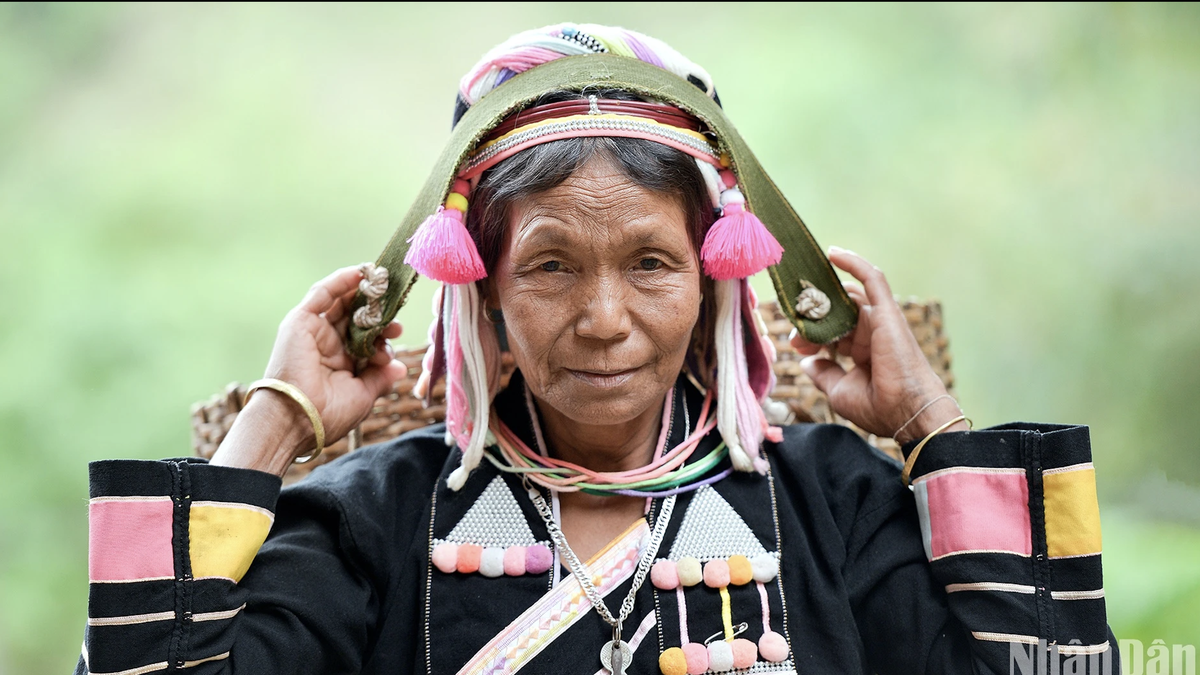
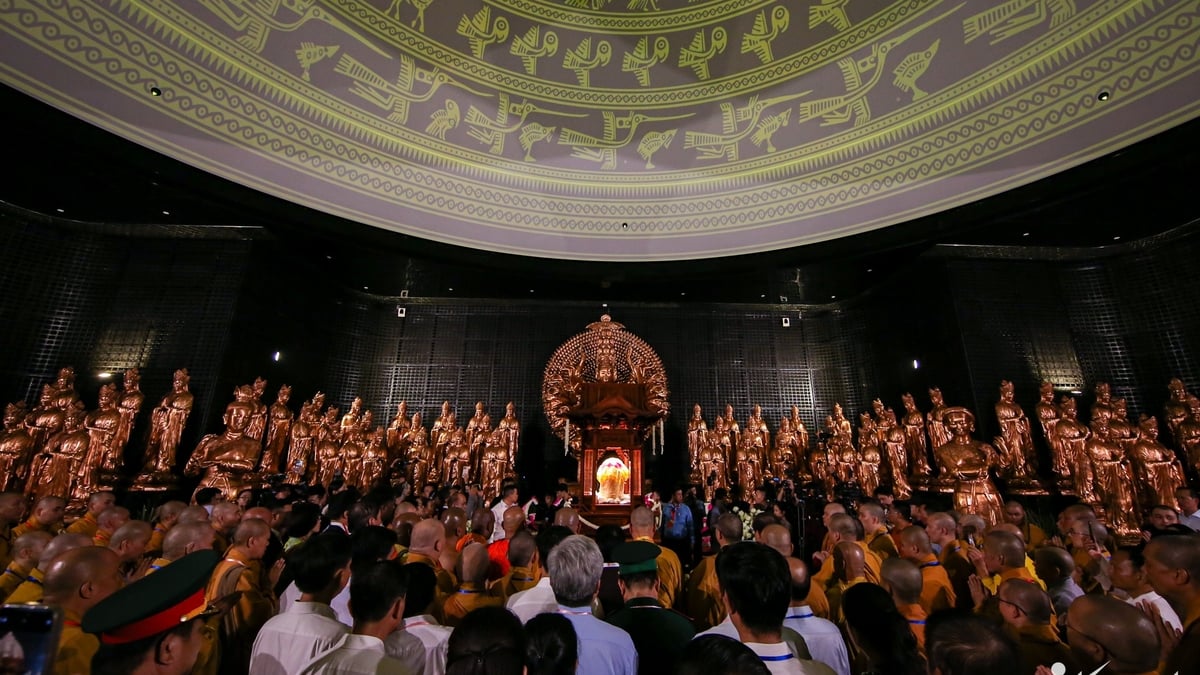

![[Photo] General Secretary To Lam begins official visit to Russia and attends the 80th Anniversary of Victory over Fascism](https://vphoto.vietnam.vn/thumb/1200x675/vietnam/resource/IMAGE/2025/5/8/5d2566d7f67d4a1e9b88bc677831ec9d)
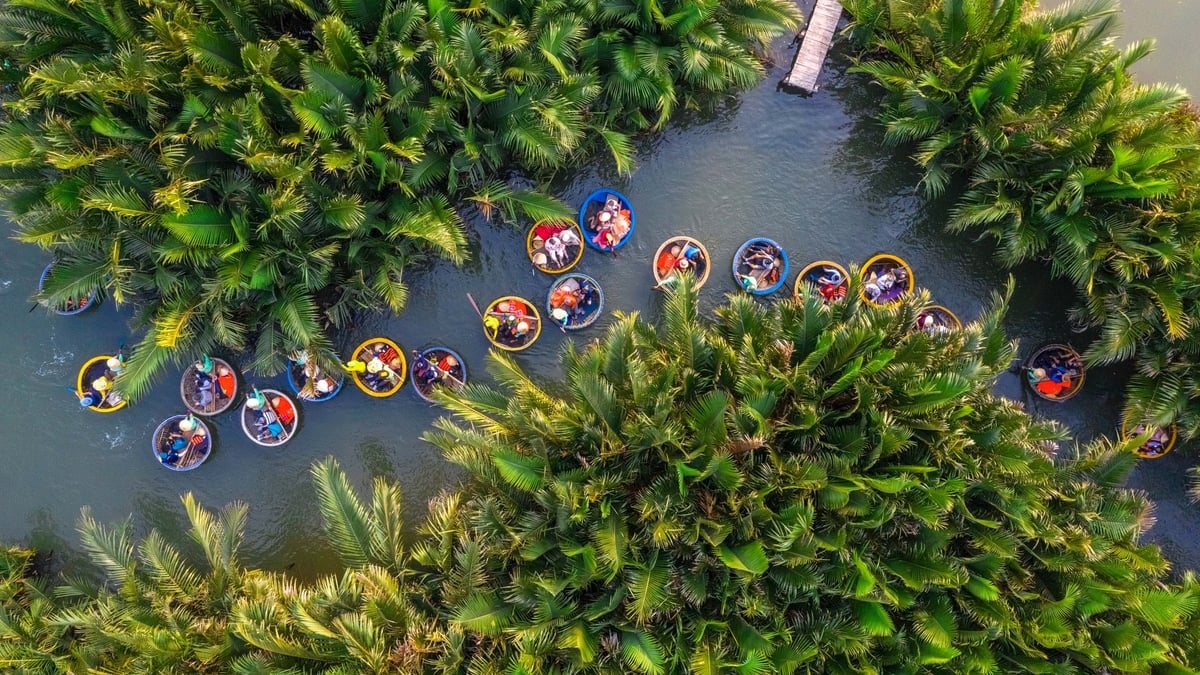
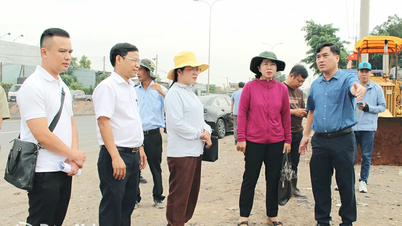
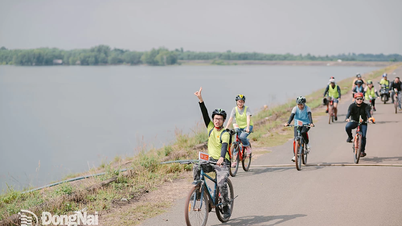
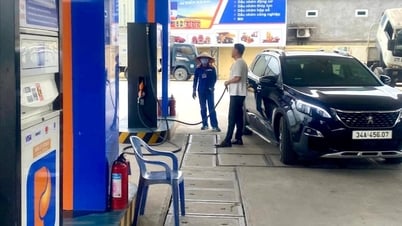
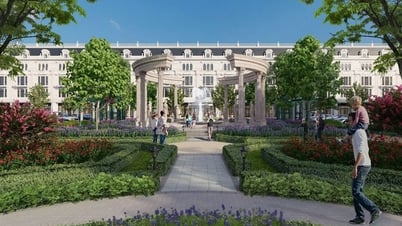
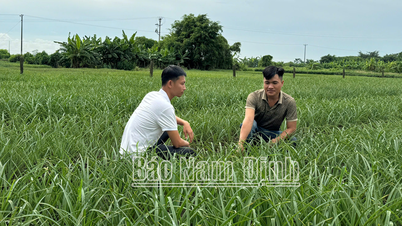
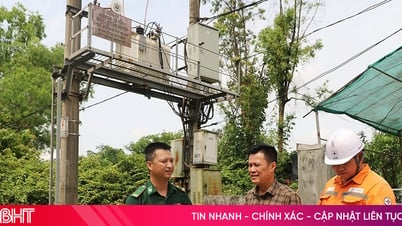




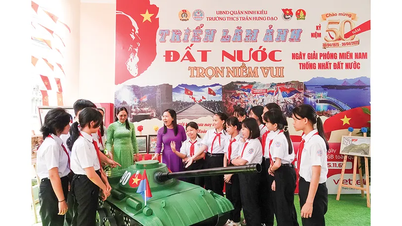
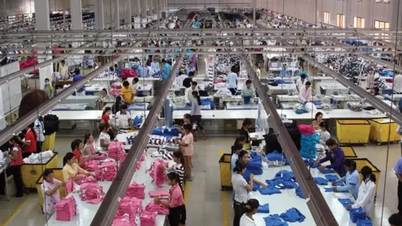
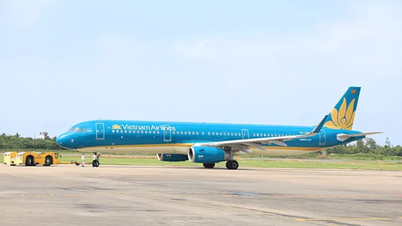

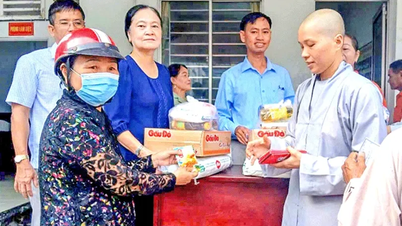
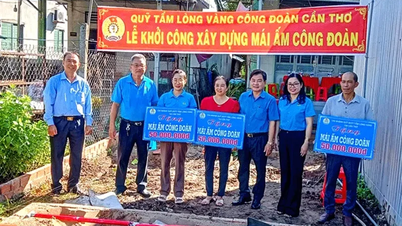
![[Photo] National Assembly Chairman Tran Thanh Man chairs the meeting of the Subcommittee on Documents of the First National Assembly Party Congress](https://vphoto.vietnam.vn/thumb/1200x675/vietnam/resource/IMAGE/2025/5/8/72b19a73d94a4affab411fd8c87f4f8d)































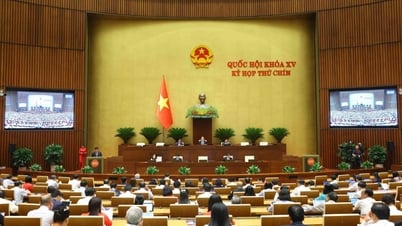





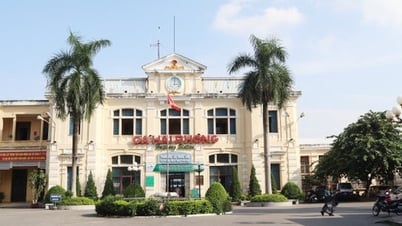










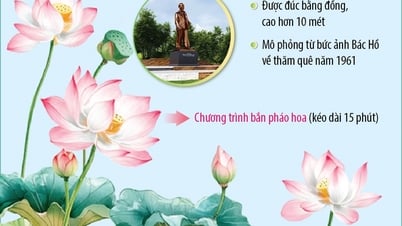

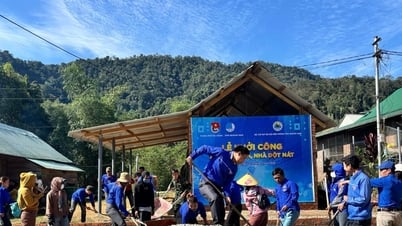


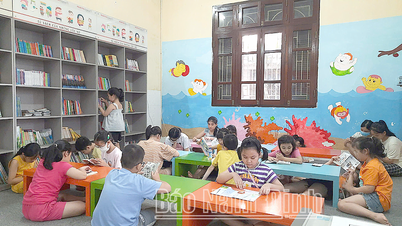












Comment (0)